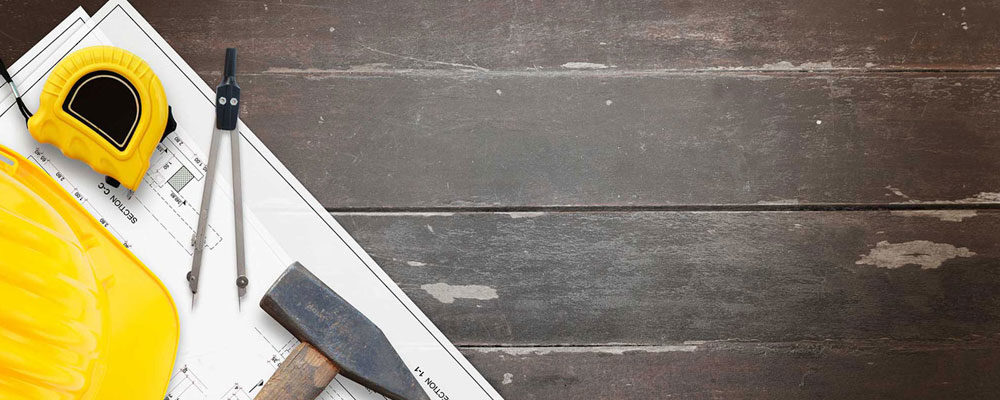If you’ve kept a project completion deadline and allocated as assumed time by when the construction of a property will be complete – the only thing that’s going to get you there is pre-construction planning. If you wish to ensure a smooth and quick process to get things done on time, pre-construction planning has been done.
Pre-construction has many stages that your contractor will need to work through so that the project goes well. It includes all the costs and services that need to be incurred during the construction.
Here’s all that makes pre-construction a priority.
What Does Pre-Constriction Planning Include?
A contractor’s pre-construction checklist must include all the costs, services, possible scenarios, and contingency that all team members can experience in that duration. This plan is finalized by combining all the expertise and experiences of professionals.
The project will start with an introductory meeting between the client and the contractor. It is an ice-breaking meeting where the construction project’s goals will be discussed. It will also be where both parties will set the initial budget. They will have a clear discussion on the expectations of the client and a tentative date of when the job will be completed.
Follow-up meetings will be held to discuss the progress of the project. The sole purpose is to understand the client’s wants and examine the intricate details that can become problematic afterward. The contractor will devise a pre-construction plan followed throughout the project with this information.
In the initial stages of the pre-construction planning, it is best to outline the overall project that includes all the blueprints, architectural designs, and the final picture of what it’ll look like. Any questions issues should be discussed right in the initial stages. The first few meetings and finalized plan will set the course for the project. It is essential to ask the right questions and see if what you want is panning out or not.
This will allow the contractor to move on to more important things such as the budget, scope, and schedule.
Project Scope
To get the desired outcome that the client wants, a comprehensive scope ends to be understood for each phase. This includes the materials, equipment, workers, etc. it is an essential part of the pre-construction planning.
Budget Setting
Budget is what’s going to run the show. It is a vital component that will consider any cost from the tiniest to the biggest. The client will discuss their budget while the contractor will tell theirs. Cost estimating at the start will give a rough idea and allow both parties to know what to expect rather than going over budget in the end.
Completion Schedule
A pre-construction planning is incomplete without the tentative due date for the project. The client may have a specific date that they need the project completed by and vice versa. Once a date is set, everyone can work accordingly – the sub-contractors, contractors, etc., can be held accountable if found not working as per the deadline.
Managing Raw Materials
This is one of the most overlooked parts – often, what contractors often do is rely on subcontractors or others to get them the raw materials needed. This can take up most of the project time. Pre-construction planning will allow you to manage this lead time well and avoid delays.
Approvals
Approvals by the client are necessary, but they take up so much time, so these should be done in the initial pre-construction stages where both parties can get a better idea. Once you’re done with all the approvals, you can move on to the building stage of the project.
Suppose you’re looking for home remodeling in Palm Beach Gardens, Florida, or a construction manager, Palm Beach Gardens, Florida. In that case, Chris Barbara Development specializes in a design-build method, where they handle the planning and design phase along with the building. You can call them at (516)-312-2717 or visit their website.

